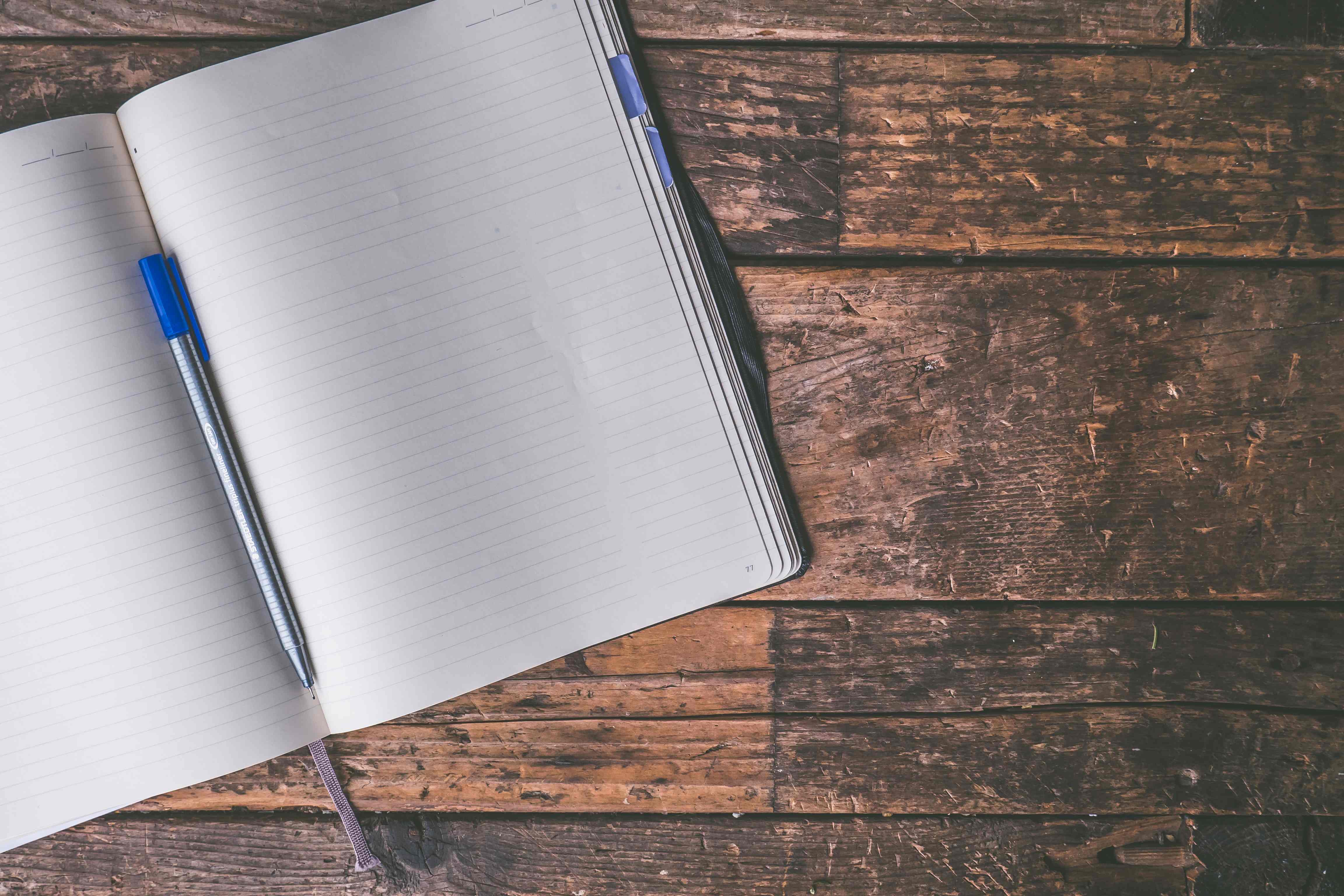
Harnessing the Power of Journaling for Positive Change
In the hustle and bustle of our fast-paced lives, it's easy to lose touch with ourselves. We get caught up in the noise and distractions, leaving little room for self-reflection and personal growth. That's where journaling comes in—a powerful tool that has been around for ages. In this article, we'll dive into the world of journaling, exploring its incredible benefits, backed by research and provide some tips to help you get started on your own journaling journey.
Journaling is all about getting your thoughts, feelings, and experiences out of your head and onto paper (or screen). It's your personal space to unload, explore, and express yourself. Contrary to what we see in movies and mainstream media where it's almost always a pen on notepad approach, there’s no correct way to journal. Whether you choose to write in a physical journal, a digital document, or even a specialized app, the medium doesn't matter as much as the act of act of self-expression itself.
Benefits of Journaling
Self-Reflection and Emotional Awareness
Research shows that journaling has a positive impact on emotional well-being. In a study published in Advances in Psychiatric Treatment, participants who engaged in expressive writing about stressful or traumatic events experienced reduced psychological distress and improved overall mood.Journaling creates a safe haven where you can be raw and honest with yourself. It encourages self-reflection and emotional awareness, helping you understand your desires, fears, and patterns of thinking. By regularly writing about your experiences, you gain a deeper understanding of your own thoughts and emotions.
Stress Relief and Emotional Release
Being busy all the time can often make us feel overwhelmed by work or life-related stress but journaling during little breaks can be a way to decompress. By jotting down worries and reflecting on daily experiences, you’d be surprised to notice a significant reduction in stress and an improved ability to focus on the present moment. Writing down your worries, frustrations, and anxieties can be incredibly therapeutic. Journaling acts as a pressure valve, allowing you to release pent-up emotions and reduce stress. It provides an outlet for your thoughts and feelings, preventing them from becoming overwhelming. Research conducted by psychologist James Pennebaker suggests that expressive writing about emotional experiences can have long-lasting physical and psychological benefits. Participants who engaged in expressive writing showed improved immune system function and reported reduced stress levels.
Personal Growth and Problem-Solving
Studies have found that journaling helps individuals gain a clearer sense of self-identity and purpose. In a study published in the Journal of Research in Personality, participants who engaged in self-reflective journaling experienced increased self-awareness and personal growth. Journaling serves as a valuable tool for personal growth and problem-solving. By documenting your progress, setting goals, and identifying patterns in your behavior and thinking, you can track your journey and make positive changes. Real-life example: Sarah, an aspiring entrepreneur, started a journal to document her business ideas and track her progress. Over time, she noticed recurring obstacles and was able to brainstorm innovative solutions. Journaling not only helped her overcome challenges but also provided a visual record of her growth and accomplishments
Getting Started with Journaling
1. Carve out dedicated time: Set aside a specific time each day or week for journaling. Consistency is key in establishing this valuable habit.
2. Create a sacred space: Find a quiet and comfortable place where you can write without distractions. Ensure privacy if you prefer to keep your journal entries confidential.
3. Begin with prompts: If you're unsure where to start, use prompts like "Today, I feel..." or "Three things I'm grateful for are..." to jumpstart your writing.
4. Embrace imperfections: Remember, there are no right or wrong ways to journal. Don't worry about grammar, spelling, or punctuation. Allow your thoughts to flow freely without judgment.
Journaling can be a magical practice that unlocks the doors to self-discovery, personal growth, and emotional well-being. Through the power of words, you can delve into the depths of your inner world, gaining insights and clarity along the way. Journaling offers a space for you to explore, express, and evolve. So, grab that pen or open that digital journal and embark on your unique journey of self-reflection. The possibilities are endless, and the rewards are immeasurable.